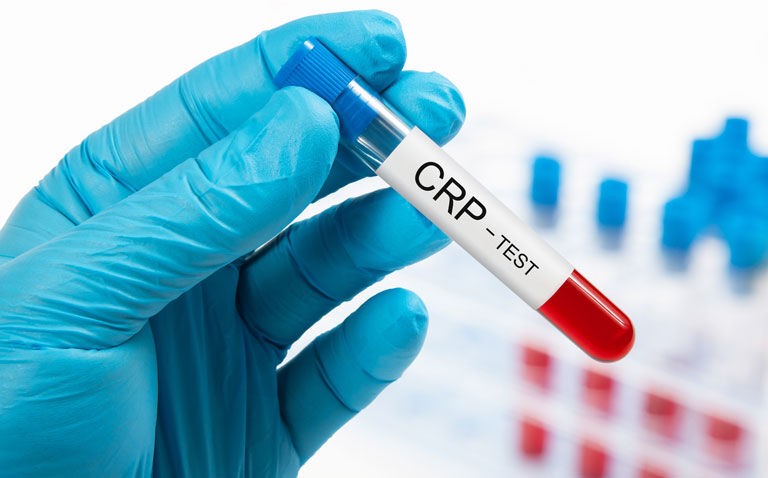High-sensitivity C-reactive protein (CRP) levels provide a better risk estimate of adverse CV events and mortality than LDL cholesterol
Levels of the inflammatory marker, high-sensitivity C-reactive protein (CRP) serve as a better predictor for the risk of future cardiovascular events and death in comparison to LDL cholesterol (LDLC), according to an analysis of data from three, large, cardiovascular trials by US researchers.
It has been recognised for many years that high-sensitivity CRP predicts the risk of future myocardial infarction and stroke in healthy men and this relationship also holds true for women. In addition, while hyperlipidaemia is a risk factor for cardiovascular disease, it is also known that addition of drugs with an anti-inflammatory effect, such as colchicine to statin therapy, also significantly reduces the risk of cardiovascular events in patients with chronic cardiac disease.
Given how both inflammation and elevated LDL cholesterol are important cardiovascular risk factors, because patients prescribed statins can still experience an adverse cardiovascular event, an important question is how to deal with this residual risk. In other words, should clinicians treat with additional lipid lowering therapy (to minimise the residual cholesterol risk) or use an anti-inflammatory agent (to lower the residual inflammatory risk)?
Using data from three large statin trials (PROMINENT, REDUCE-IT and STRENGTH) the US researchers compared the highest and lowest quartiles of high-sensitivity CRP and LDLC , to determine the best predictors of future major adverse cardiovascular events, cardiovascular death, and all-cause death.
High-sensitivity CRP and cardiovascular outcomes
A total of 31,245 patients were included and participants aged between 64 and 65 with the proportion of females ranging from 28 to 35%.
Combining data from the three trials showed that the presence of residual inflammatory risk was significantly associated with incident major adverse cardiovascular events (adjusted Hazard Ratio, aHR = 1.31, 95% CI 1.20 – 1.43, p < 0.0001) for the highest vs the lowest high-sensitivity CRP quartiles. This relationship was also true for cardiovascular mortality (aHR = 2.68, p < 0.0001) and all-cause mortality (aHR = 2.42, p < 0.0001).
However, when comparing the highest to lowest quartiles of LDL cholesterol, the relationship was non-significant for major adverse cardiovascular events (aHR = 1.07, p = 0.11) but was significant, albeit smaller, compared to high-sensitivity CRP, for cardiovascular death (aHR = 1.27, p = 0.0086) and all-cause mortality (aHR = 1.16, p = 0.025).
The authors concluded that in those already prescribed a statin, high-sensitivity CRP proved to be a stronger marker for the prediction of future cardiovascular events and death compared to LDL cholesterol levels. They added that their findings suggested that both aggressive lipid-lowering and inflammation-inhibiting therapies might be needed to further reduce atherosclerotic risk.
Citation
Ridker PM et al. Inflammation and cholesterol as predictors of cardiovascular events among patients receiving statin therapy: a collaborative analysis of three randomised trials. Lancet 2023










